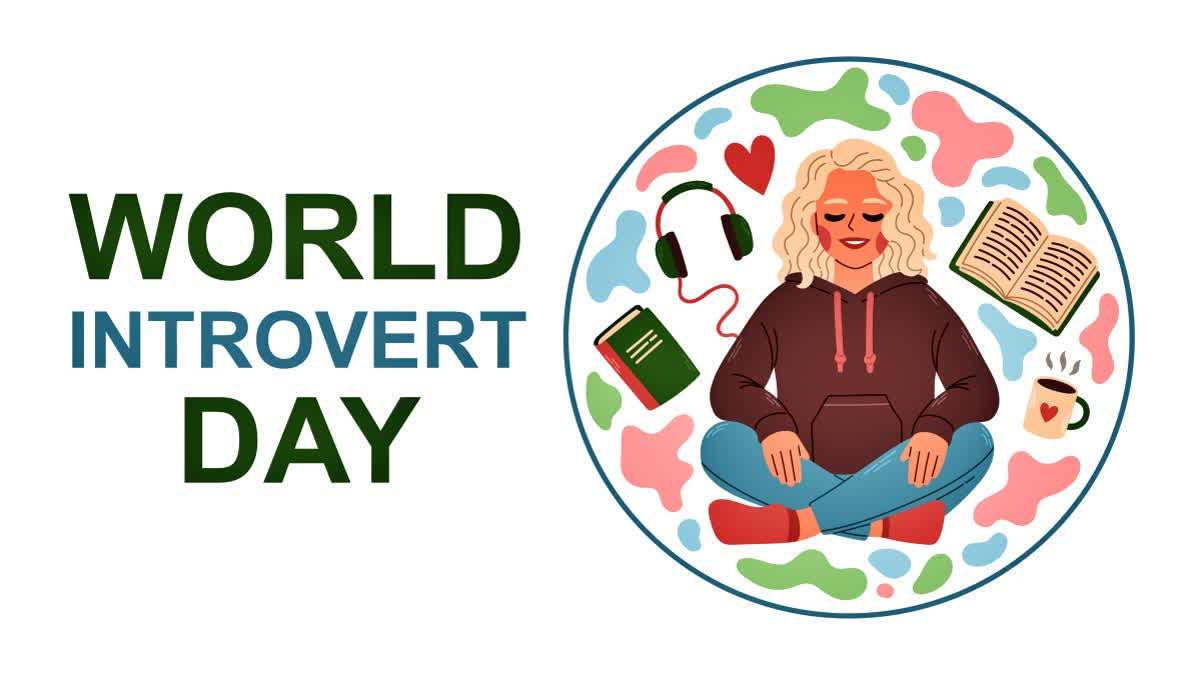Are you an introvert? Then there is nothing to be ashamed of as an entire day has been dedicated to this temperament. Every year, January 2 is celebrated as World Introvert Day, recognising introverts and their distinct approach to experiencing life. The date, amid the holiday season, also allows a breather for introverts who often shy away from partying and revelry. The day is set aside for allowing introverts to be on their own so they can engage in their interests and recharge their social energy.
What Is World Introvert Day?
World Introvert Day was initially acknowledged in 2011, gaining momentum as a chance to showcase the strengths and contributions of the wallflowers. In contrast to extroverts, they regain energy by spending time alone and typically favour deep one-on-one conversations instead of large social events.
History:
- World Introvert Day is celebrated on January 2, following a blog post by Felicitas Heyne, a prominent German psychologist and author, titled "Here's Why We Need a World Introvert Day," which she published on her website, iPersonic, on September 20, 2011. She also authored the complimentary e-book "Happily Introverted Ever After."
- Following the publication of her article, the world acknowledged the necessity to identify and assist introverts in society. She emphasised the societal difficulties encountered by introverts.
- Heyne proposed observing World Introvert Day on January 2, right after the holiday season that starts with Christmas and culminates on New Year’s Day.
- In 1921, Swiss psychiatrist Carl Gustav Jung introduced the idea of introversion within a psychological framework in his well-known book "Psychological Types". He further clarified that every person can be classified into two types -- introvert and extrovert.
Purpose of the Day:
- Breaking Stereotypes: There are numerous misunderstandings about introversion, including the notions of being timid or unsociable. The Day helps debunking these misconceptions.
- Encourage Self-Acceptance: The Day allows introverts to celebrate their inherent traits without the obligation to fit into the standards of extroverts.
- Increase Awareness: It informs people about introversion and promotes more inclusive atmospheres in workplaces, educational institutions and community spaces.
Stereotype for Introverts:
- In a society that admires extrovert behaviours and social engagement, misconstruing introverts is unavoidable. They are often perceived as unable to be effective leaders, arrogant or impolite, and prefer to avoid social interactions.
- One trait of being labelled as an introvert is quietness, although it can also be misinterpreted as rudeness. Merely because a person isn't speaking doesn't automatically imply they are arrogant or attempting to be impolite. Occasionally, introverts may not sense a need to engage in conversation as they find comfort in silence.
- Introverts are perceived as timid and socially withdrawn. They are frequently seen as not becoming a constructive part of society. These characteristics can be challenged by the reality that social media enables introverts to gain confidence and enjoy constant communication.
